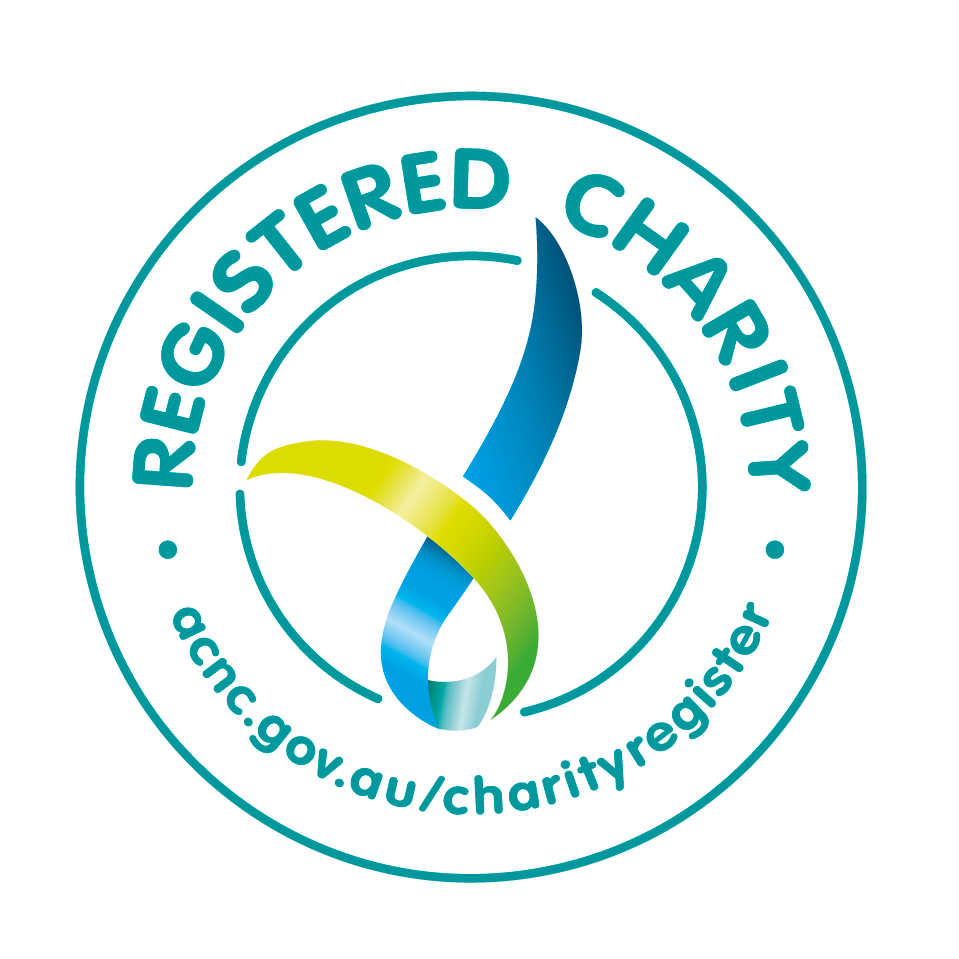Who Can Refer a Candidate?
We welcome referrals from individuals and organisations who support women impacted by the justice system. If you work with or know someone who could benefit from job readiness programs and employment opportunities, you can refer them.
If you’re unsure whether you’re eligible to submit a referral, reach out to our team for guidance.
Self-Reference
Community Organisations
Support Agencies
Caseworkers & Mentors
Employers & Job Placement Services
Fill Out the Candidate Referral Form to Get Started
What Happens Next?
Here’s what happens after you’ve submitted the form.

1. Referral Review
Our team reviews the referral details and contacts candidate to assess eligibility and job readiness.

2. Contacting the Candidate
We reach out to the candidate, and they are invited to a series of job readiness workshops facilitated by staff with lived experience of the justice system.

3. Connecting to Opportunities
Once candidate graduates from our job readiness workshops, they are connected with a mentor and gain access to training and employment pathways.
Other Ways to Connect
Referring a candidate is just one way to support meaningful employment opportunities. Explore other ways to contribute.
Frequently Asked Questions
You can refer any woman impacted by the justice system who is looking for employment, career support, or mentorship. This includes women who have faced challenges finding work due to a criminal record, have been involved with the justice system, or are rebuilding their careers.
We accept referrals from community organisations, caseworkers, support agencies, mentors, and employers who believe a candidate would benefit from job readiness programs, career coaching, or mentorship. Candidates can also refer themselves.
Yes. Having a criminal record does not mean someone cannot find employment . Many industries are open to hiring jobseekers based on their skills, experience, and willingness to work rather than their past.
Some employers may have policies regarding background checks, but many are willing to provide fair opportunities . Support programs like ours help women gain confidence, build skills, and connect with employers who are open to hiring candidates with diverse backgrounds. See How Our Program Works.
For information on employment rights with a criminal record, visit the Australian Human Rights Commission – Employment & Criminal Records official website.
It depends on the job and the employer’s policies. Some roles—especially in government, finance, healthcare, and childcare —may require background checks. However, many industries do not require disclosure unless the conviction directly impacts the job’s responsibilities.
In Australia, employers cannot discriminate unfairly based on a criminal record unless it is relevant to the job. If unsure, you can seek advice before applying for jobs.
If you’re re-entering the workforce, here are some steps to boost employability :
- Gain Work Experience: Volunteering or short-term roles can help build recent experience.
- Enhance Skills: Take training courses in areas like customer service, administration, or trade skills.
- Work with a Mentor: Guidance from a mentor can help with job applications, interviews, and confidence-building. Join our mentorship program.
- Target Fair-Opportunity Employers: Look for businesses committed to inclusive hiring.
- Prepare for Questions: Be ready to discuss your skills, experience, and future goals with employers.
Yes! If you are looking for employment support, training, or mentorship, you do not need someone to refer you. You can self-refer by completing our Candidate Referral form , and our team will reach out to discuss how we can help.








